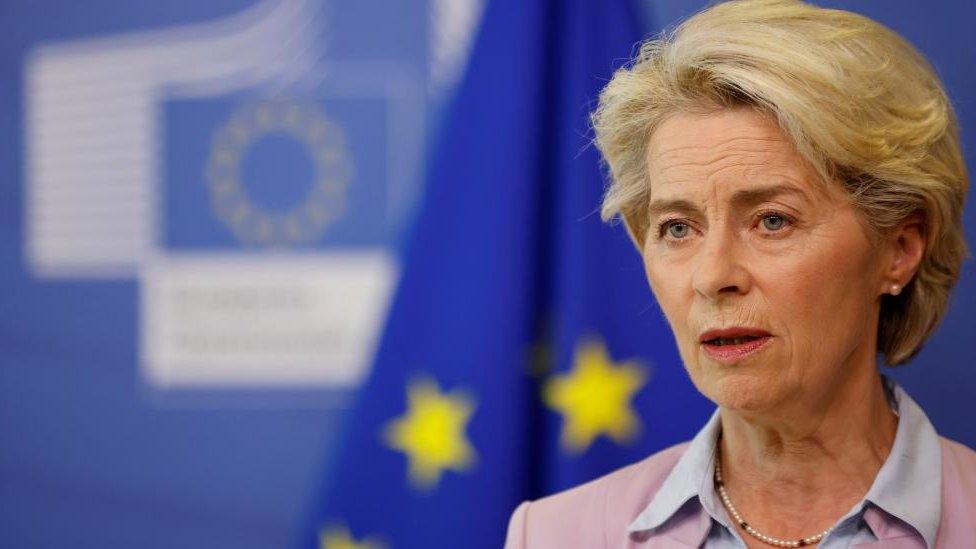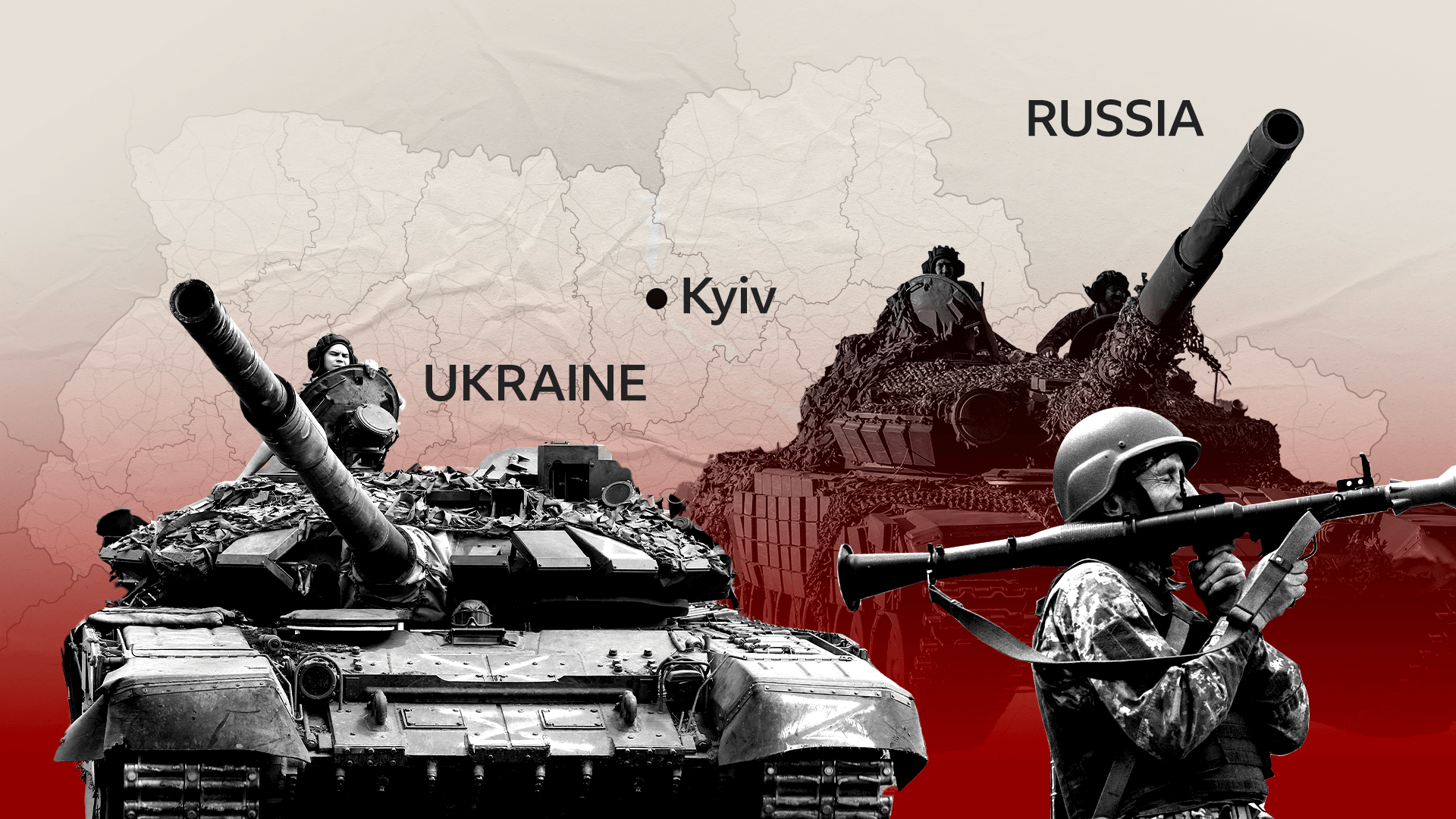Ukraine war: UN says blackout threatens Zaporizhzhia nuclear plant
- Published
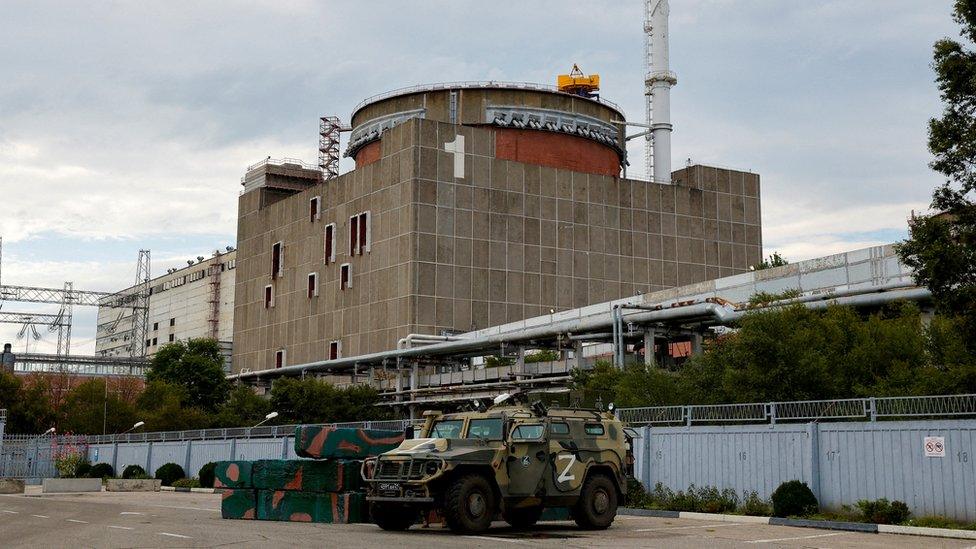
A Russian military vehicle outside the Zaporizhzhia plant earlier this month
The head of the UN nuclear agency has warned that the situation at the Russian-held Zaporizhzhia nuclear plant in Ukraine is increasingly precarious.
Rafael Grossi said shelling had knocked out power in the nearby city of Enerhodar which fed the plant, and it was unlikely to be restored.
The operator was considering switching off the last reactor, Mr Grossi said.
This would make the plant totally reliant on emergency diesel generators to prevent a nuclear accident.
"This is an unsustainable situation and is becoming increasingly precarious..." he said in a statement. "This is completely unacceptable. It cannot stand."
Mr Grossi did not say whether Russia or Ukraine was responsible for the shelling, but said that it must stop immediately.
Both countries have blamed each other for fighting in the vicinity of the plant, which is close to the front line and has been occupied, along with Enerhodar, by the Russians since early in the invasion.
Mr Grossi, who visited the plant himself earlier this month, said he had learnt on Friday from his staff who are still there that a "serious situation" had developed overnight.
He said that power to the city of Enerhodar, home to most of the plant operators and their families, had been "destroyed by shelling". This has led to a "complete power blackout in Enerhodar: no running water, no power, no sewage", his statement explained.
"Given the increased and continued shelling, there is little likelihood of re-establishing reliable offsite power", he continued, "especially as the shelling continually and repeatedly damages the power infrastructure."


If the operator shuts down the only remaining reactor, the "entire power plant would then be fully reliant on emergency diesel generators for ensuring vital nuclear safety and security functions", Mr Grossi added.
The "increasingly dire circumstances" in Enerhodar could also impact essential staffing at the plant, he said.
In another development, Ukraine said it had retaken more than 1,000 sq km (385 sq miles) of territory in the south and the east from Russia over the past week.
Since the Russian invasion began on 24 February, the UN has recorded at least 5,718 civilian deaths, with 8,199 injured, external, and more than seven million Ukrainians have been recorded as refugees , externalacross Europe. An unknown number of combatants have been killed or injured.
Russia, a global energy supplier, is locked in an economic struggle with the West which imposed sweeping sanctions in response to the invasion.


- Published7 September 2022
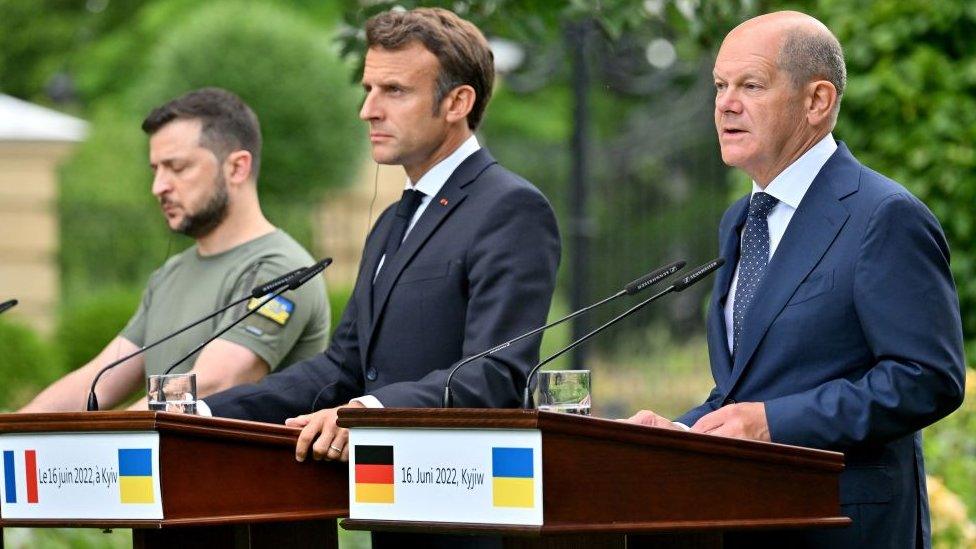
- Published9 September 2022
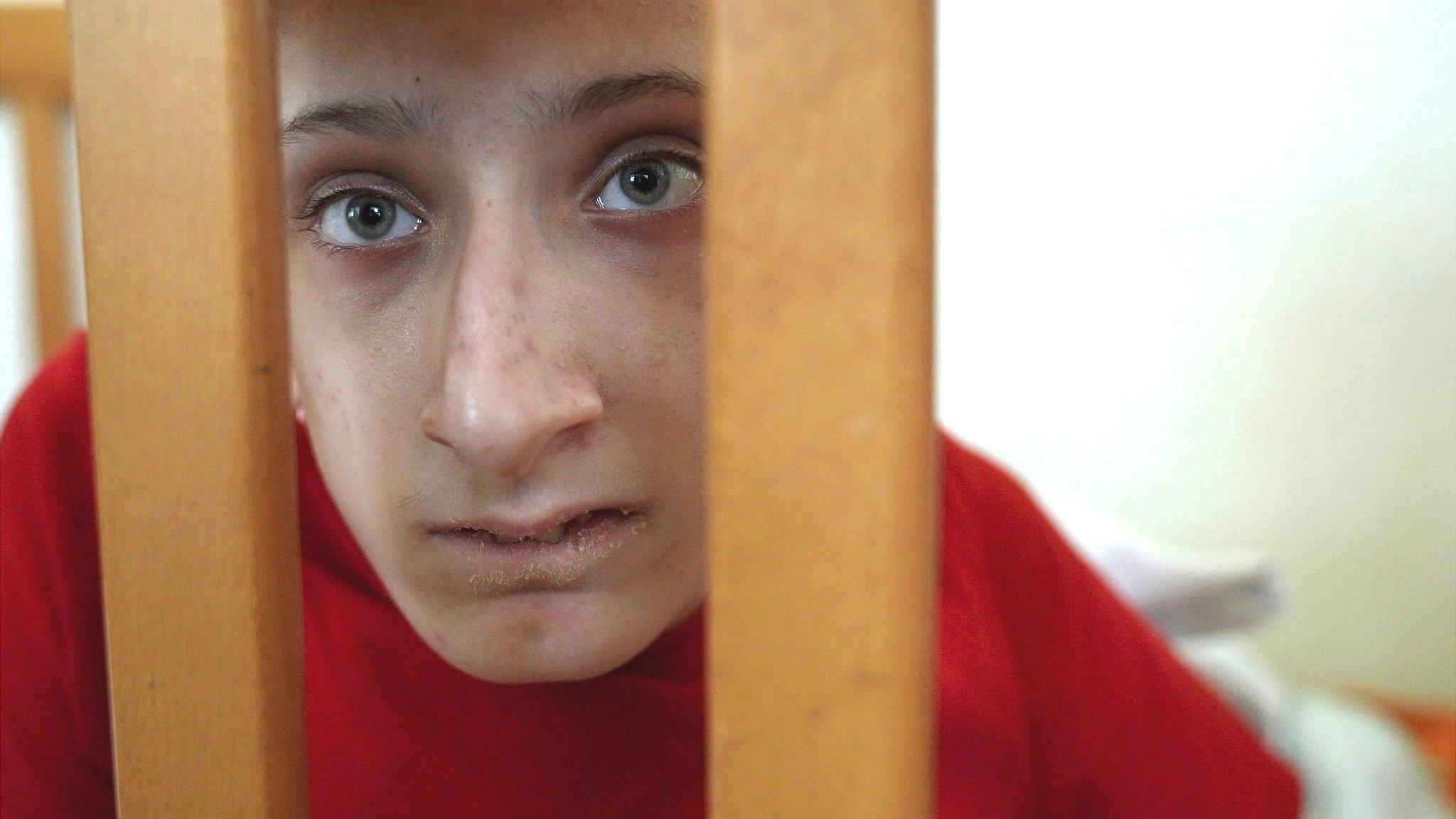
- Published9 September 2022
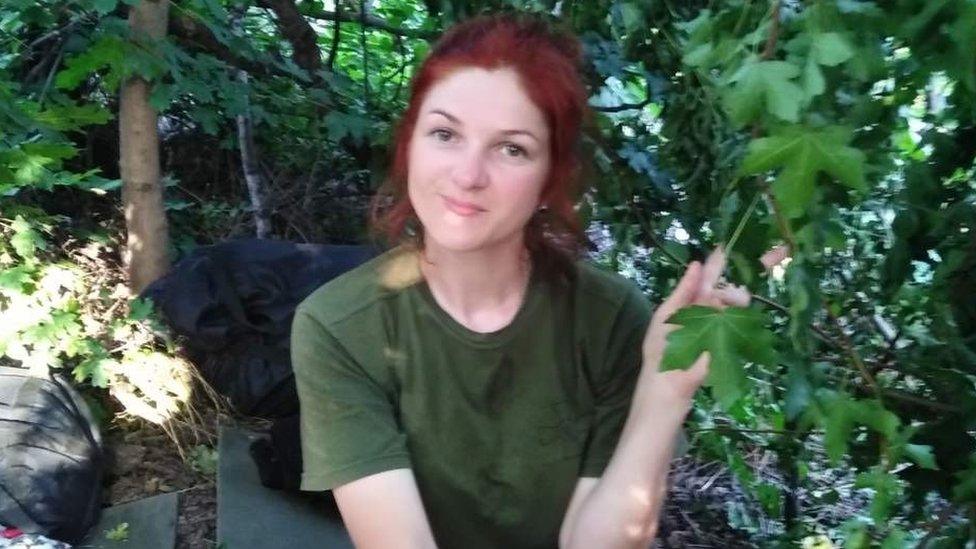
- Published26 May 2022
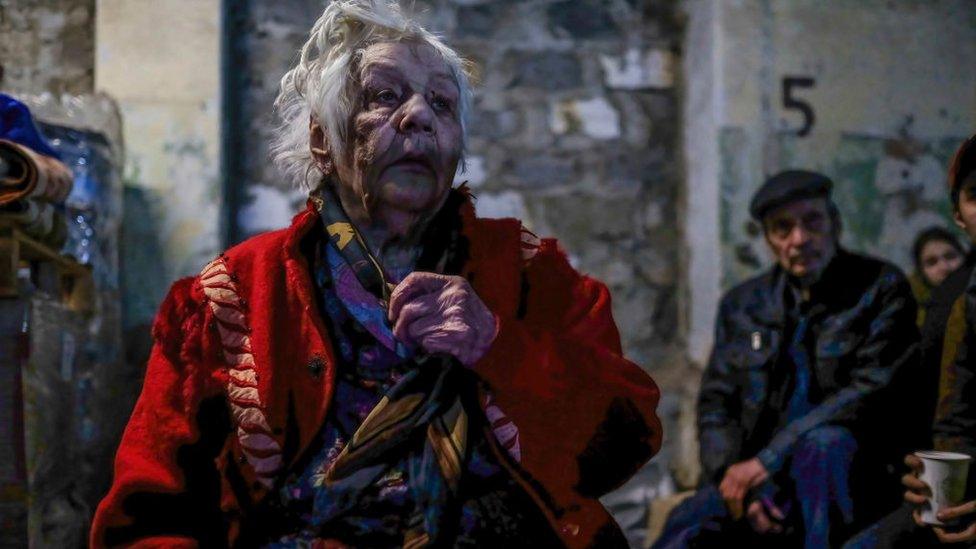
- Published7 September 2022
